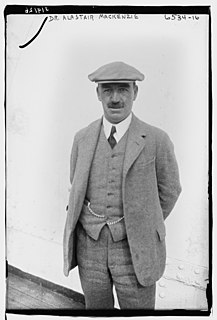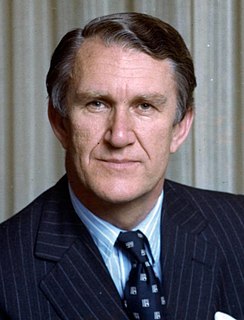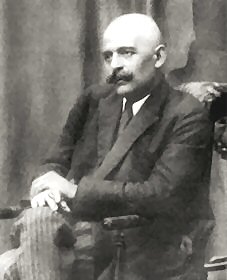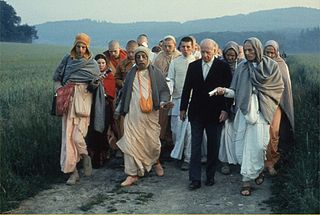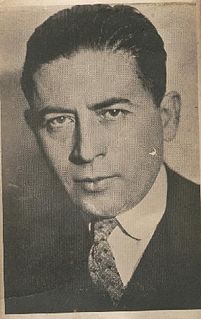A Quote by Henri Bergson
Laughter is the corrective force which prevents us from becoming cranks.
Related Quotes
The knowledge exists by which universal happiness can be secured; the chief obstacle to its utilization for that purpose is the teaching of religion. Religion prevents our children from having a rational education; religion prevents us from removing the fundamental causes of war; religion prevents us from teaching the ethic of scientific cooperation in place of the old fierce doctrines of sin and punishment. It is possible that mankind is on the threshold of a golden age; but, if so, it will be necessary first to slay the dragon that guards the door, and this dragon is religion.
People need to learn how to respond to each other's hatreds with love - which is what Jesus taught us, which is what Buddha came here to teach us, which is what Muhammad taught us, which is what all of the great spiritual masters who have ever walked among us who live at those highest energies taught us - responding to force with more force will just create more problems.
A nervous excitability, a chronic exaltation of the passion, in which commingle the inferior life of the individual and its exterior manifestations, a state in which sentiment, idea, and will are confounded together, where for the lack of the powerful corrective of logic, the flights of imagination know no bounds, where life and human activity are deprived of a regulator, and move outside of material and concrete factors, by the sole interior force of the soul.


